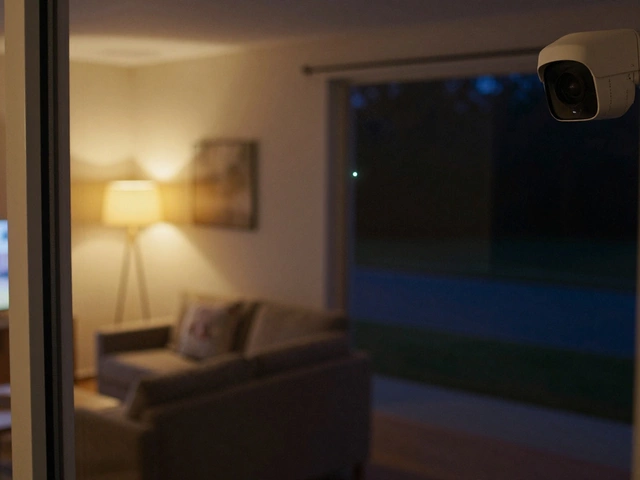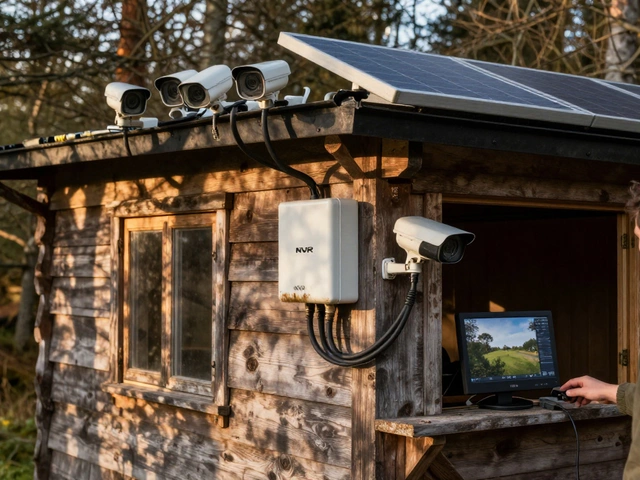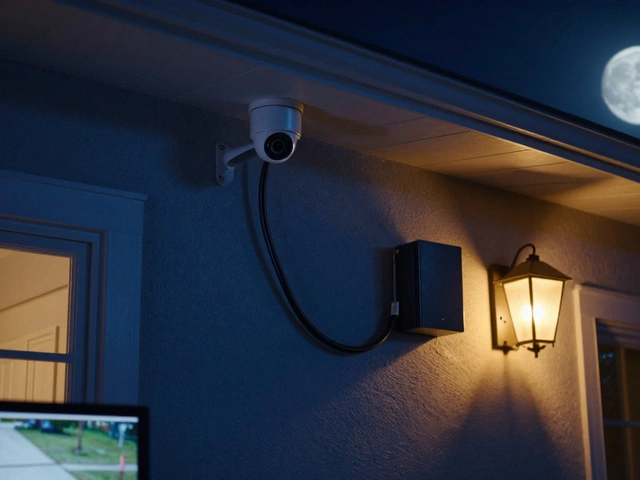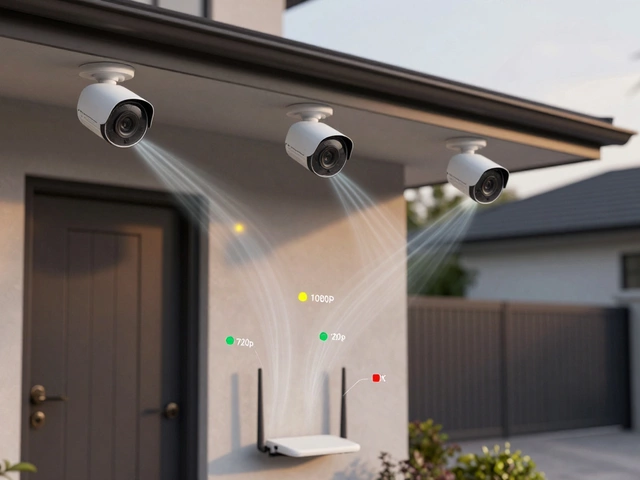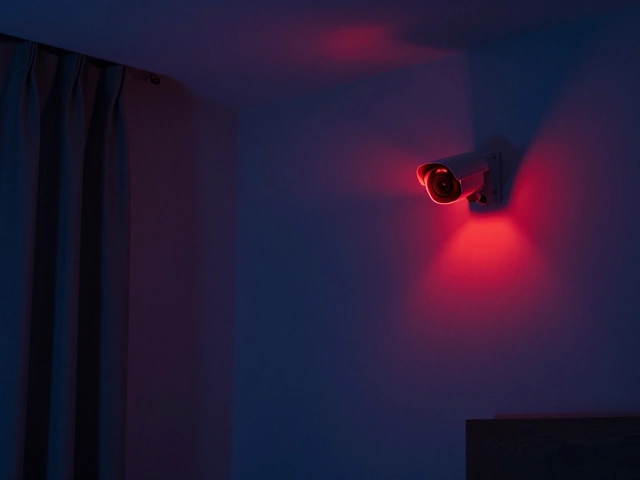Prohibited Items in UK Home Security – What You Must Avoid
Thinking about adding a new gadget to your alarm system? Hold on a second. Not every device is allowed in a UK home security setup. Some items break the law, scare neighbors, or ruin your warranty. Below we break down the most common prohibited items, why they’re off‑limits, and what you can use instead.
Commonly Banned Devices
First up, hidden cameras. While a discreet camera can feel handy, UK law treats covert surveillance in private spaces as a serious invasion of privacy. If you install a camera where people expect privacy – bathrooms, bedrooms, or even a living room without telling guests – you could face legal action.
Next, radio‑frequency jammers. These gadgets claim to block Wi‑Fi or phone signals to keep burglars from messing with your system. In reality, jamming is illegal under the Wireless Telegraphy Act. Not only can you be fined, but you also risk cutting off emergency services.Another red flag is tampering with fire alarm components. Some homeowners try to replace fire alarm sounders with louder, non‑compliant units for a louder scare. Fire safety regulations require specific certified devices; swapping them out can void insurance and breach fire codes.
Lastly, unapproved alarm‑system batteries. Certain alarm panels call for sealed, high‑capacity batteries that meet British standards. Using cheap, off‑brand replacements might cause false alarms or even fire hazards.
Why These Items Are Restricted
Most bans exist to protect privacy, safety, and public networks. Covert cameras can capture footage without consent, leading to privacy lawsuits. Jammers interfere with emergency communications, putting lives at risk. Fire‑alarm tampering reduces the chance that a fire will be detected early, endangering everyone in the building. Non‑standard batteries can overheat, causing damage to your alarm panel or the surrounding wiring.
Insurance companies also watch these rules closely. If a claim involves a prohibited device, they can deny the payout. This means a busted alarm or a fire could end up costing you far more than the price of a compliant product.
So what should you do instead? For surveillance, choose clear, visible cameras and post a sign that lets visitors know they’re being recorded. This satisfies the law and still deters burglars.
If you’re worried about signal interference, pick a system that works on licensed frequencies and has a backup cellular connection. That way you stay within the law and keep your alarm online even if Wi‑Fi drops.
When it comes to fire alarms, stick with products that carry the BS 5839 certification. They’re tested for reliability and meet the exact sound level requirements for UK homes.
Finally, buy batteries directly from the alarm manufacturer or a certified distributor. They’ll match the specifications and keep your system running safely.
By avoiding prohibited items and choosing approved alternatives, you protect your home, stay legal, and keep insurance happy. Got a specific device you’re unsure about? Give us a call at Birmingham Security Command Center – we’ll tell you if it’s allowed and suggest a safe replacement.


